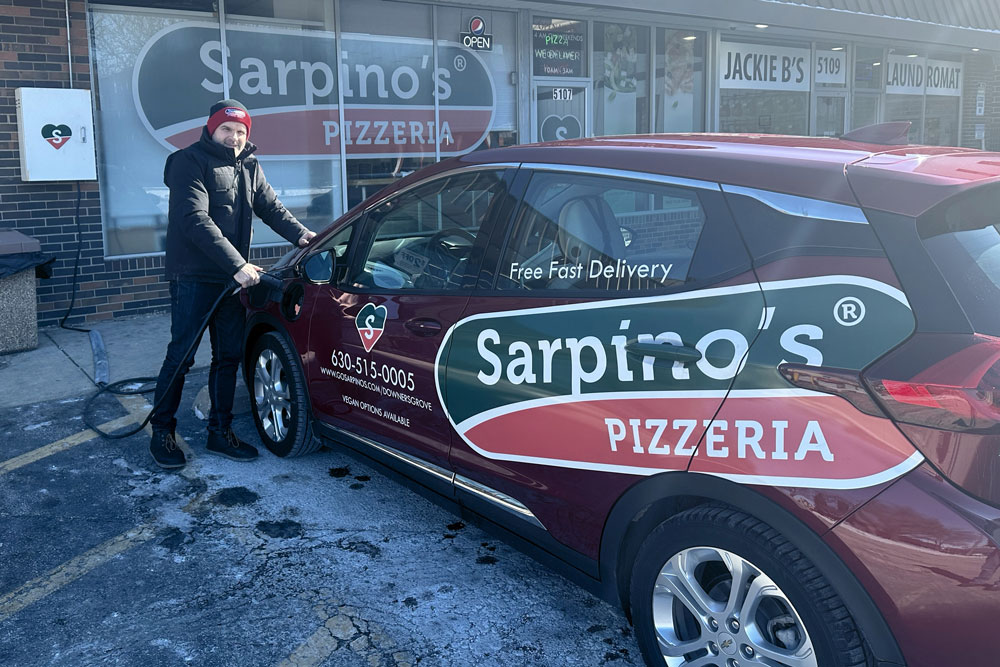When you are in charge of anything, communication is a crucial aspect of the task, but its relevance increases if you are in a leadership role regarding employees. The method in which you interact with your employees may have a substantial impact on how they feel about their jobs and the quality of work they do. You want them to feel heard and appreciated.
Tips on Communicating Successfully With Your Employees
Introduction
When you are in charge of anything, communication is a crucial aspect of the task, but its relevance increases if you are in a leadership role regarding employees. The method in which you interact with your employees may have a substantial impact on how they feel about their jobs and the quality of work they do. You want them to feel heard and appreciated. You also want them to feel free to make mistakes without fear of censure or punishment. However, accountability for their actions should not be overshadowed by communicating in such a way that they are not aware of a mistake. It’s how you use the mistake to improve that count. This is why it is crucial to know how to communicate most effectively with them: you want them to feel heard and appreciated, but you also want them to feel comfortable speaking freely without fear of making a mistake.
Set The Tone
Set the tone by being a good example for people to follow. As your employees will mirror your behavior and emulate how you deal with them if you set a good example, it is crucial that you courteously communicate with them.
Preserve coherence to establish a tone. Ensure that every team member is aware of the expected behaviors while communicating with one another, whether through email or in-person meetings; then adhere to these standards in all of your communications. The use of proper words is critical to maintaining clear and professional communication, particularly in a workplace environment.
When dealing with employee disputes, you should set the tone by being kind and impartial (and even between managers). When there is a dispute between two individuals or teams at work, you shouldn’t let it develop into a full-scale conflict; instead, you should attempt to resolve the issue amicably before involving higher-ups if necessary. If you allow the situation to grow into a full-scale battle, you will only make matters worse.
Communicate In Person
Unquestionably, emailing your workers is an excellent way to stay in contact with them. Face-to-face engagement, on the other hand, cannot be compared to any other kind of communication in terms of delivering crucial information and managing workers’ emotions. When you are face-to-face with your employees, you can read their body language and assess how they respond to your words, and vice versa. You can also convey the tone of voice and facial expressions, which is far more complicated (or impossible), through email.
Due to recent improvements in videoconferencing technology, it is now possible for individuals on opposite sides of the globe who have yet to meet to want or need something from each other (such as comments on performance appraisals) to connect.
Ask Questions, Not Statements.
Ask open-ended inquiries. This can help you better comprehend the employee’s perspective and encourage them to respond more thoughtfully.
People sometimes do not like it when you answer a question with a question, but do it anyway. It conveys an interest in what the other person is attempting to communicate and your desire to truly understand them.
Whenever feasible, you should avoid asking yes/no questions and making “if/then” statements since these queries tend to be too binary for most situations. Instead, you should ask yourself: what else could this person possibly be thinking? What would be different from their vantage point? And what reaction would I get if I told them this?
People Should Be Allowed To Speak Openly
While communicating with your workers, you must allow them to express themselves freely. As a leader, it is crucial that you listen to what people have to say without interrupting or casting judgment on what they say. It is preferable to ask questions when something does not make sense rather than make assumptions or speculations.
It would be best to allow them space to express themselves without feeling compelled by your emotions interfering with the dialogue. For example, when a team member makes a mistake, you may feel angry or frustrated. Nevertheless, it would be best to refrain from responding emotionally since doing so will only exacerbate the problem and distract your teammates from what matters most: how effectively they execute their job.
Practice being an attentive listener (and observer)
The single most important thing you can do as a leader is to listen to the input supplied by your workers. You may decide not to execute on the suggestion, but at least it should be heard and considered
Listen to what they have to say and observe their behavior, not just in the workplace but also in other contexts. This entails studying closely how folks interact in person and through technological means such as email and text messages. You may find that some of your best ideas come from observing patterns of behavior that have not been explicitly brought up but are nonetheless significant (for instance, an employee may always respond to questions about a project with “I’m on it!”; this could indicate that she needs additional direction). Conversely, you may also discover that some of your finest ideas result from recognizing patterns of conduct that have not been expressly mentioned but are nevertheless significant.
Don’t Allow Job Titles To Distract You.
Keep job titles and responsibilities from distracting you throughout the recruitment process. Instead, please focus on the person, their achievements, and degree of competence. Focus on what they can do for your company and how they can help you achieve your goals.
It is easy to fall into the trap of focusing on resumes instead of people when filling a job quickly; this is particularly crucial for recruiting managers with limited resources and time restrictions. This is particularly critical when recruiting managers have limited money and time. Yet suppose everyone concentrates on credentials instead of personalities and character qualities. In that case, it becomes hard for candidates with tremendous potential but insufficient experience to distinguish themselves from others with more relevant expertise but less overall potential. This is because qualifications are objective, but personality characteristics and character traits are subjective (for example: if one person has worked as an assistant manager while another has worked as an entry-level employee).
Clear Communication Is King
One of the essential components of being a great leader is the ability to communicate with others, yet this can be challenging. Please remember that communication is a two-way street; if you want to get the most out of it with your employees, you must be open and honest.
Listening to what they are saying is crucial, so try asking questions such as “What do you think?” or “Can you give me some examples?” Listening more than speaking makes individuals feel more comfortable opening up about sensitive topics. Again, it is essential that you pay close attention to what they are saying. Consider asking, “What do you think?” or “Can you provide some examples?”
Not only does having clear expectations facilitate communication, but it also guarantees that everyone is on the same page regarding how they feel about any given issue or event. For instance, if you tell another individual which tasks must be completed by then, there will be a clear understanding when those dates come up again!
Conclusion
It is important to remember that communication is a two-way process. You cannot just lecture your employees; you must listen to what they say, observe their actions, and ask them questions. Doing this well helps employees feel acknowledged and allows them to provide feedback on what they think needs to be addressed at their workplace.










